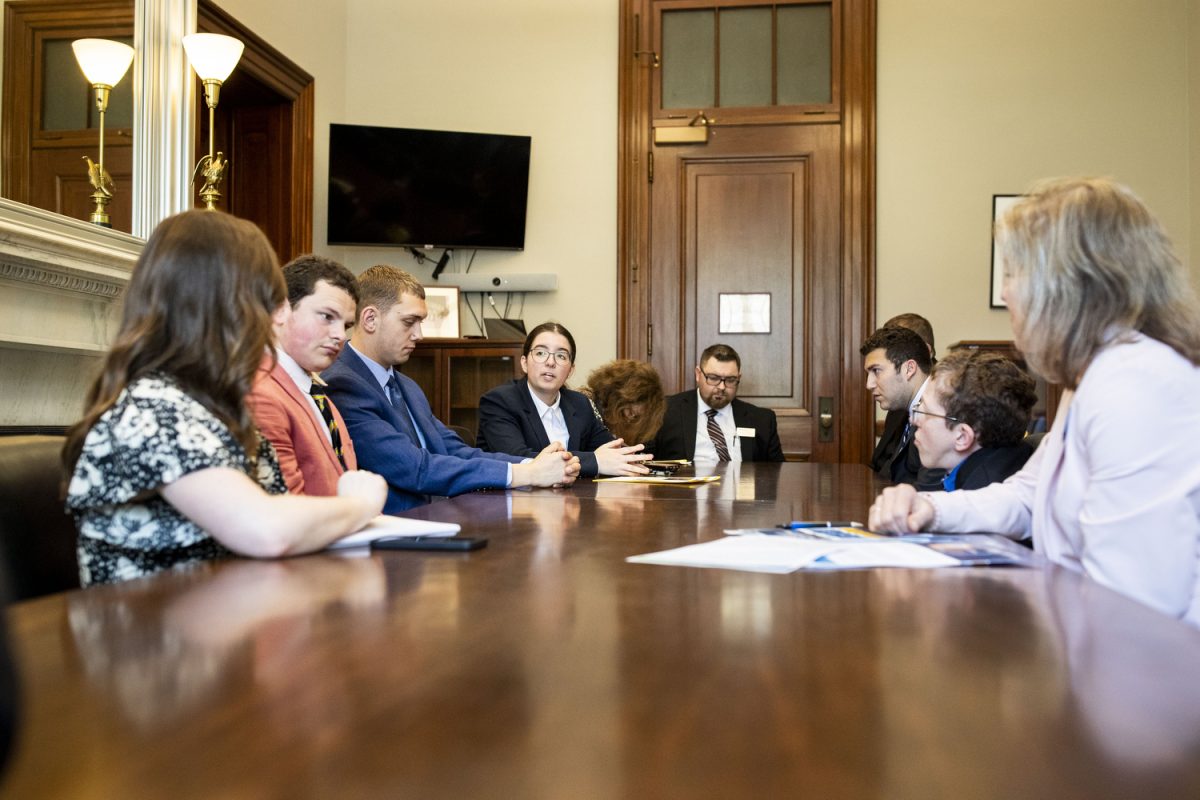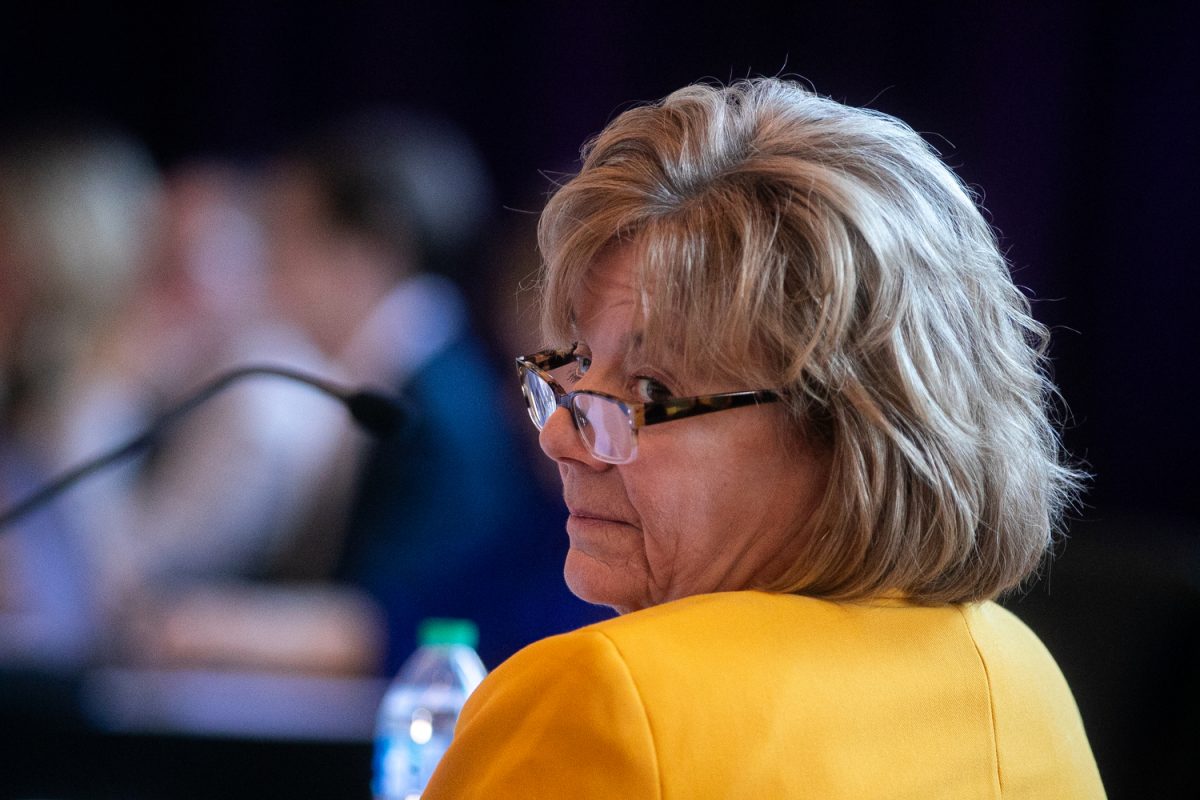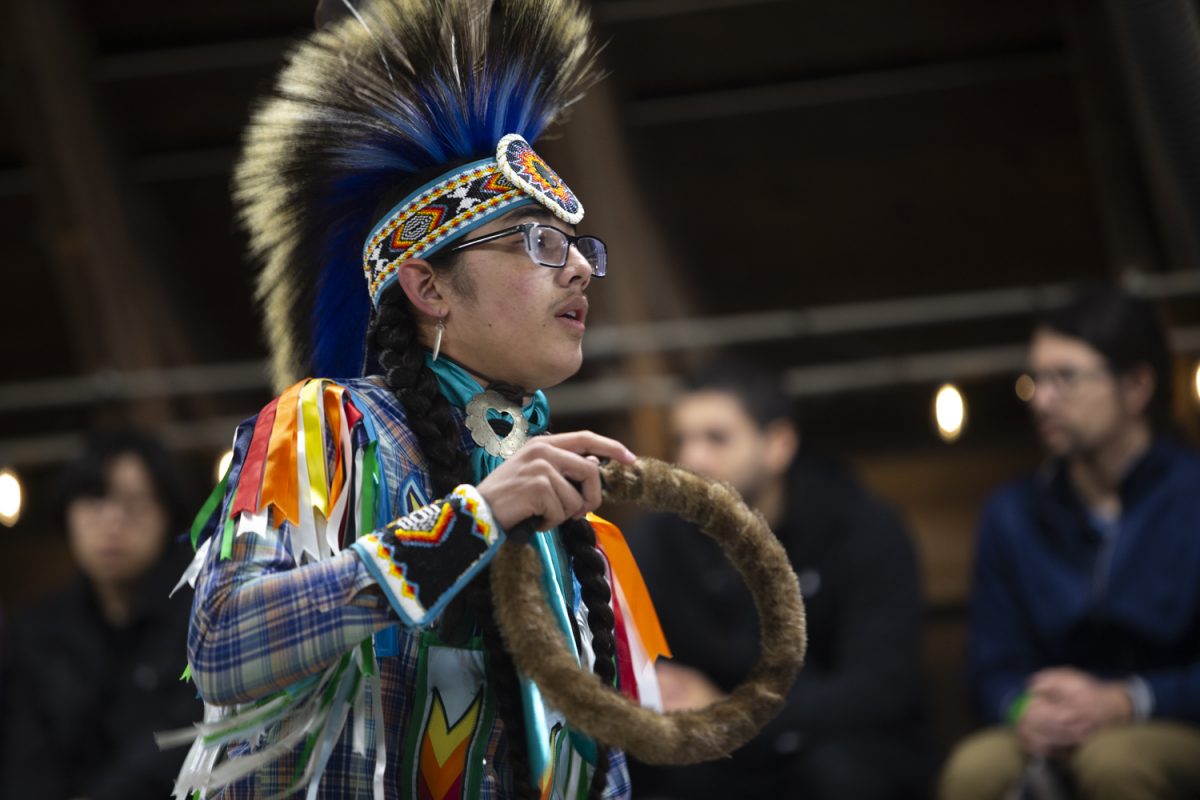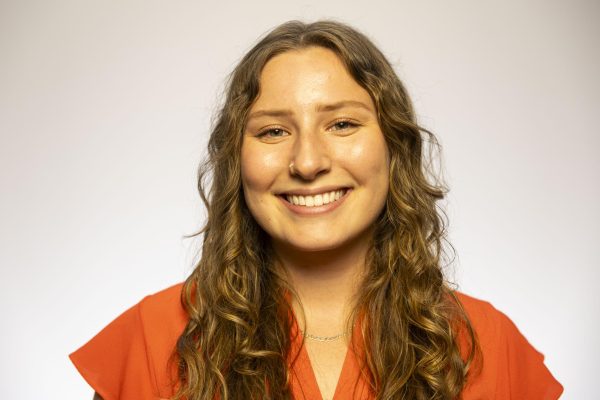WASHINGTON — Gavin Carlson looked for a college program that could provide him access to higher education. Originally from Maine, Carlson had to move across the country to find what he needed.
“I had to go to Iowa to find a program that met my needs,” Carlson, a second-year University of Iowa student in the REACH program, said. “I have no lower field of vision, so the transportation piece is huge. I’ve been able to walk around and feel like a normal college student.”
REACH, which stands for Realizing Educational and Career Hopes, is a four-year program for students who have intellectual, cognitive, and learning disabilities.
Carlson and a group of students from the REACH program’s student council told their stories to Iowa federal lawmakers last week in Washington, D.C., lobbying for more opportunities in higher education for students who have disabilities.
“I like the idea of being able to work and be like everyone else, but I realize I will not be able to be completely independent without help from the federal or state level,” Carlson said.
The students met with U.S. Sens. Joni Ernst and Chuck Grassley, R-Iowa, and U.S. Reps. Ashley Hinson and Zach Nunn, R-Iowa, last week in their legislative offices.
Jackie Corless, a UI student on the REACH council visiting Washington for the first time, said the group talked about funding higher education and the low number of federal and state scholarships offered specifically for students who have disabilities.
“Right now, they’re just too focused on regulation, so we want to be able to get some of that help as well … just getting some of those opportunities that we don’t have that regular students do,” Corless said.
Specifically, the group discussed bills on inclusive K-12 and postsecondary education, workforce training, employment support, and access to services under Medicaid for people who have disabilities.
The students highlighted some bills to the legislators, such as the Raise the Wage Act of 2023, sponsored by Rep. Robert Scott, D-VA.
The bill would raise the minimum wage and end subminimum wages for young workers and people who have disabilities. Some employers pay workers who have disabilities less than the current federal minimum wage of $7.25.
On the state level, some legislative changes are also underway that will affect students who have disabilities.
The Iowa House passed the Iowa Board of Regents’ budget on April 15, which includes $250,000 for scholarships for programs like UI REACH.
Iowa Gov. Kim Reynolds also recently signed a law on March 21 to overhaul Iowa’s nine Area Education Agencies, which provide services for K-12 students who have disabilities.
Sebastien Janelle, the president of the REACH student council who will graduate this May, said he hopes legislators can advocate to offer more federal and state scholarships geared toward out-of-state students who have disabilities.
“Honestly, I’ve learned so much about myself being on student council,” Janelle said. “I’m here to advocate for all of us and make better changes so we can better enjoy our experiences as college students.”
Corless said she hopes to return to Washington to continue lobbying for students who have disabilities.
“I feel like ‘Wow, this is really a great opportunity to go speak to these representatives and tell them how much we’re struggling and how much we want this change,’” Corless said. “Now, not tomorrow, not next week today — I just want to make it better so kids like me can afford college.”















